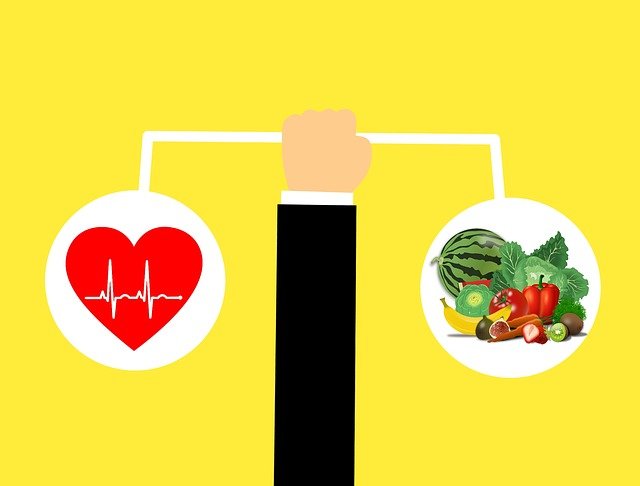
Cancer is a collection of related diseases.
In all kinds of cancer, some body cells begin to divide and cannot be stopped. Eventually, they spread into surrounding body tissues.
Normally, body cells grow and divide to form new cells. Old or damaged cells die, and new cells take their place.
But in cancer, old or damaged cells can survive and don’t die, while new cells are formed even they are not needed.
Cancer can happen anywhere in the body, such as in lungs, liver, mouth, throat, neck, breasts, prostate, pancreatic, colon and blood.
Cancer has many risk factors, some of which we can control, some we cannot.
The controllable factors include obesity, smoking, unhealthy diet, disrupted body clock (e.g., night shifts and night owl), lack of exercise, alcohol and drug abuse, sunlight and chronic inflammation.
The uncontrollable factors include aging and family history.
All these risk factors work together to determine a person’s cancer risk.
Although we cannot change the effects of aging and family history, we can improve our lifestyle to reduce cancer risk.
According to Michigan Medicine, here are five things we can do to prevent cancer:
Quitting smoking. To reduce cancer risk, you should avoid all tobacco. This could help reduce cancer death by 30%.
By stopping smoking, you can reduce the risk of lung cancer, head cancer, bladder cancer, and pancreatic cancer.
Eating a healthy diet. A healthy diet includes fresh fruit, vegetables, and whole grains. Fruit and vegetables are packed with nutrients and phytochemicals (plant chemicals) that fight cancer.
You should eat at least 2.5 cups of fruit and vegetables every day. The more the better. On the other hand, try to avoid processed meat and high-fat meat, which have been linked to cancer.
Drinking less alcohol. Alcohol intake is associated with mouth, throat, liver, breast and colon cancers. Women should particularly reduce their drink.
One drink per day for women and two drinks per day for men are the maximum amount for low cancer risk.
Exercising regularly and keeping a healthy weight. Lack of exercise and being overweight or obese are two big risk factors of cancer.
Regular exercise helps us lose excessive weight and may reduce cancer risk by 25-30%. Researchers suggest 30 minutes every day or 150 minutes every week to be physically active.
The healthy body mass index is 18.5 – 24.9.
Finally, using sunscreen and protecting your skin. While sunshine can provide vitamin D, it also increases skin cancer risk.
Protecting your skin from excessive sun exposure can prevent most skin cancers. You should wear sunscreen with an SPF of at least 15. SPF 30 is better.
Also, avoid the strong mid-day sun, wear protective clothing, wear sunglasses, and avoid tanning beds.
All the five above actions not only can reduce your cancer risk but also can help lower risk of other chronic diseases like type 2 diabetes, high blood pressure, heart disease, and stroke.
Copyright © 2018 Knowridge Science Report. All rights reserved.



